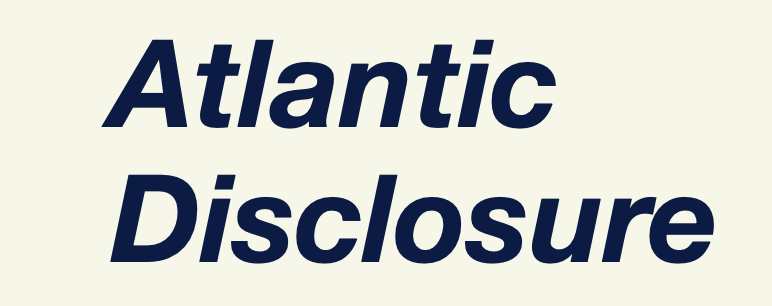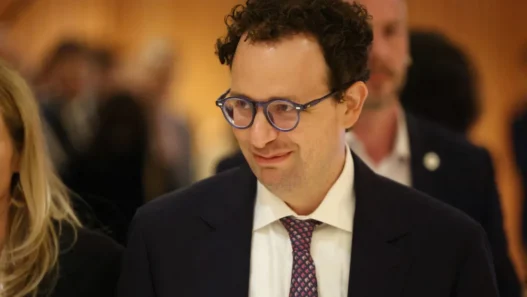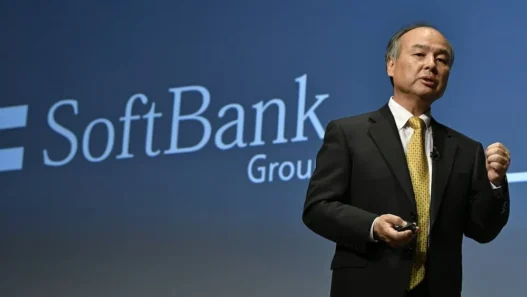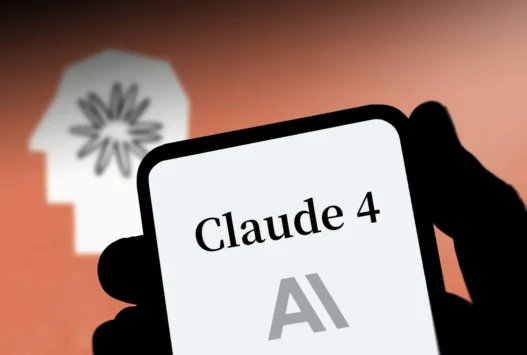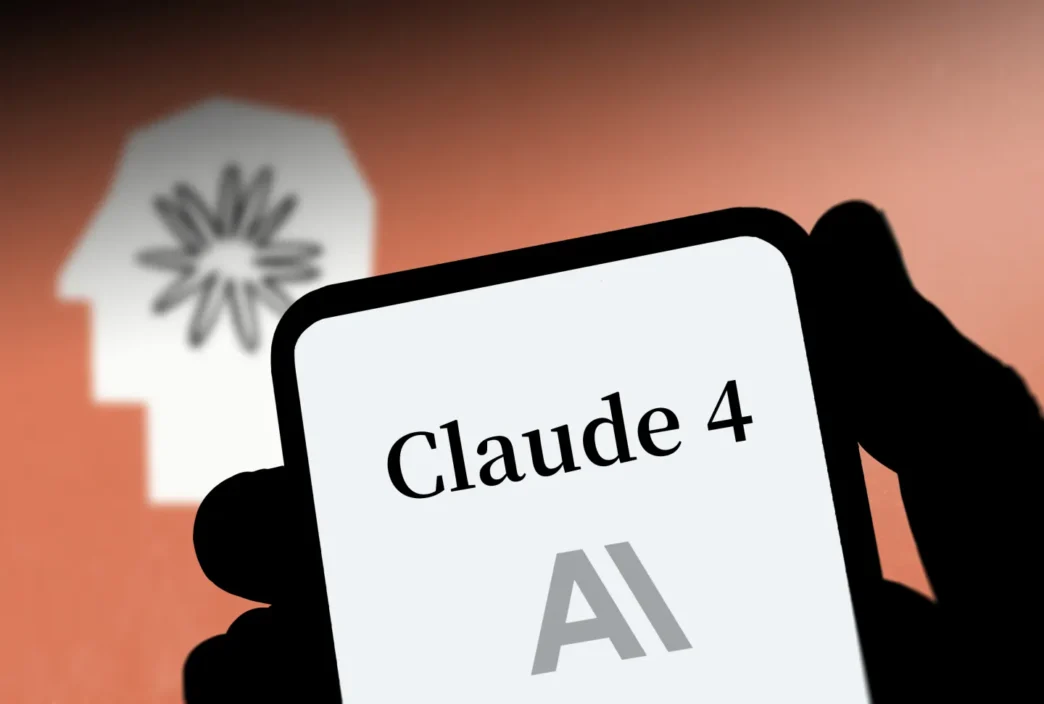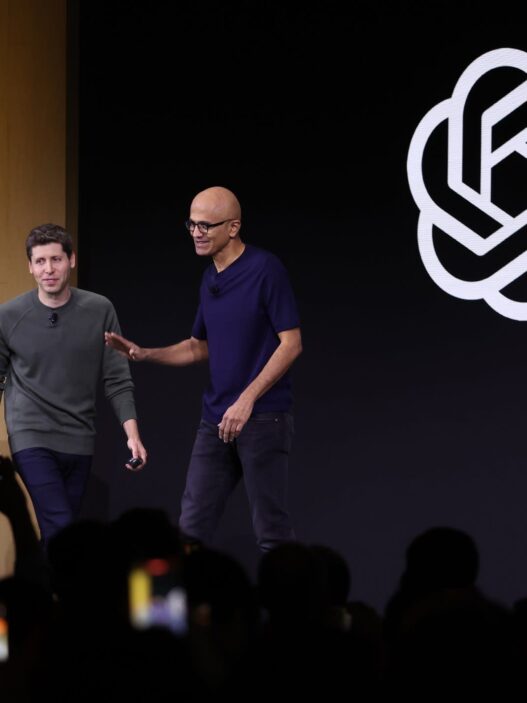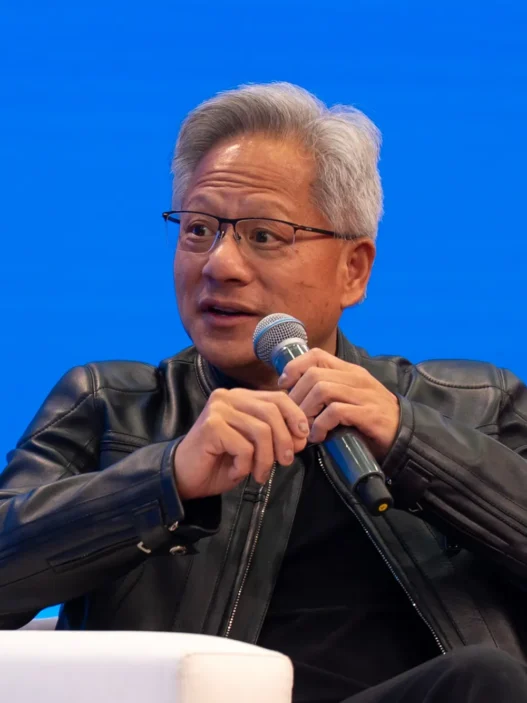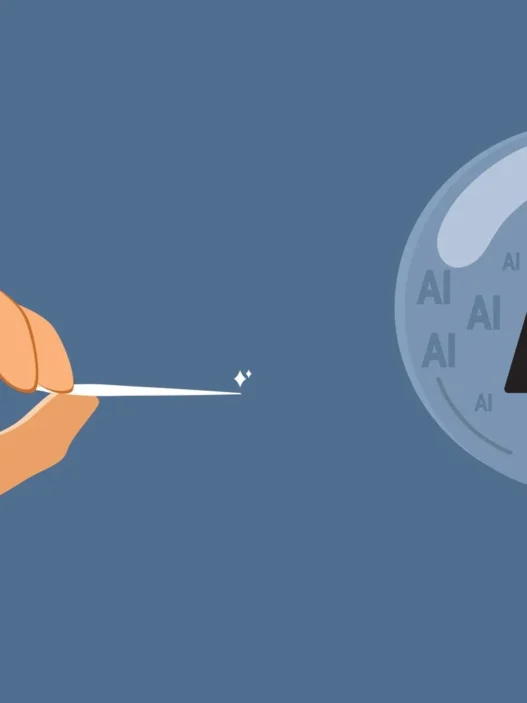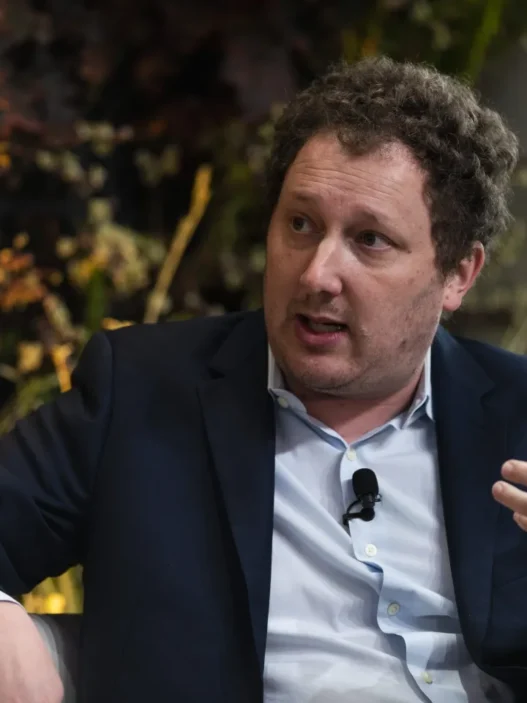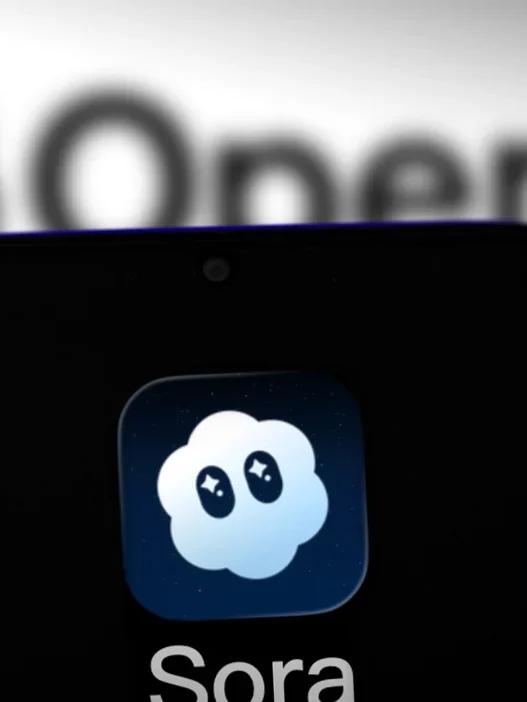Anthropic, one of the leading artificial intelligence firms, has reached a $1.5 billion settlement with a group of authors in a high-profile copyright lawsuit over the use of their works in training AI models. The agreement marks a significant milestone in the ongoing debate over intellectual property rights and the use of copyrighted content in the rapidly growing AI industry.
Background of the Case
The lawsuit, filed in 2024, alleged that Anthropic used copyrighted books, articles, and other written material without obtaining proper licenses to train its AI systems. Plaintiffs argued that the unlicensed use of their work violated copyright laws and deprived authors of compensation for commercial exploitation of their intellectual property.
Anthropic initially defended its practices by citing fair use, arguing that AI training constituted transformative work rather than direct reproduction. However, courts and legal observers increasingly scrutinized whether large-scale ingestion of copyrighted material qualifies as fair use, particularly when used for commercial AI products.
Terms of the Settlement
While specific contractual details remain confidential, sources indicate that Anthropic has agreed to pay $1.5 billion to the affected authors. The settlement also includes provisions for:
- Future Licensing Agreements – Anthropic will establish a framework to license copyrighted content before incorporating it into training datasets.
- Revenue Sharing – Authors may receive ongoing compensation based on the commercial use of AI models trained on their work.
- Transparency Measures – Anthropic will publicly disclose guidelines for sourcing data and crediting authors, enhancing accountability and compliance.
Legal Experts Weigh In
The settlement is widely viewed as a precedent-setting move for the AI industry. “This could accelerate a shift toward formal licensing agreements, creating a more structured ecosystem for AI training datasets,” said a prominent intellectual property attorney. “Companies will now need to carefully navigate copyright law or face substantial financial liability.”
Experts suggest that this case signals to AI developers that large-scale ingestion of copyrighted material without consent carries significant legal and financial risk. Legal commentators also note that settlements like this may lead to the development of standardized licensing platforms for authors, publishers, and AI companies.
Implications for the AI Industry
For AI firms, the settlement underscores the growing importance of legal compliance in model training. While proprietary datasets are costly to build, securing licenses for existing copyrighted works may become a competitive necessity. Companies may also invest in data curation and filtering technologies to avoid using content without permission.
Investors and stakeholders are closely watching how this settlement influences AI business models. The deal demonstrates that intellectual property concerns are no longer peripheral issues—they can materially impact valuations, product development, and reputational risk.
Perspectives from Authors and Creators
Authors involved in the case have welcomed the settlement as recognition of their rights and contributions. “Our work helped train AI systems that are now widely used,” said one plaintiff. “It’s gratifying to see compensation and respect for our intellectual property, and we hope it encourages broader industry change.”
This sentiment reflects a broader movement among creators advocating for fair compensation in an era where AI can replicate, summarize, or remix human-generated content at scale.
Looking Ahead
The Anthropic settlement is likely to catalyze further legal scrutiny of AI training practices. Legislators and regulatory bodies in the U.S., Europe, and elsewhere may introduce new guidelines or legislation clarifying copyright obligations for AI developers.
For AI companies, the message is clear: unlicensed use of copyrighted material is no longer a gray area. Structured licensing, transparency, and proactive compliance are emerging as essential pillars of responsible AI development.
The landmark case underscores a turning point in the intersection of technology, law, and creativity, signaling a new era where authorship, intellectual property, and AI innovation must coexist under clearly defined rules.
